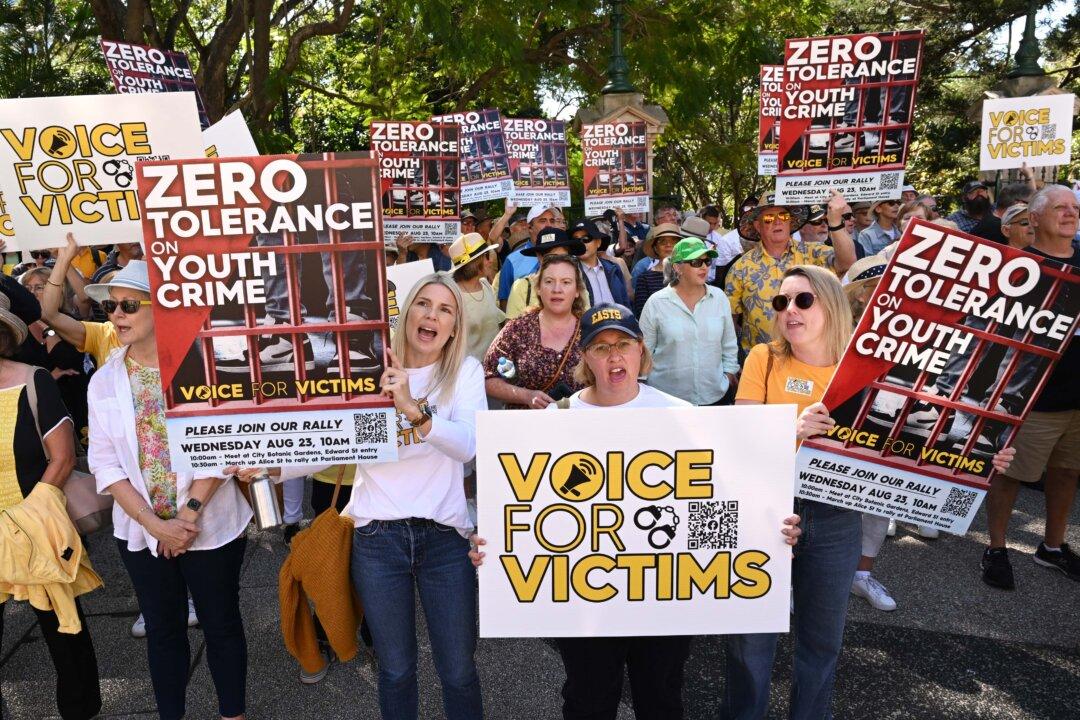An advocacy group of concerned Queenslanders has demanded the Miles government to step up their efforts in addressing the state’s escalating youth crime or they would push for a royal commission.
The call comes as crime among youth continues to become a contested issue among politicians and the public, with bureaucracy often being blamed for the centre-left Labor government’s inadequate measures.




